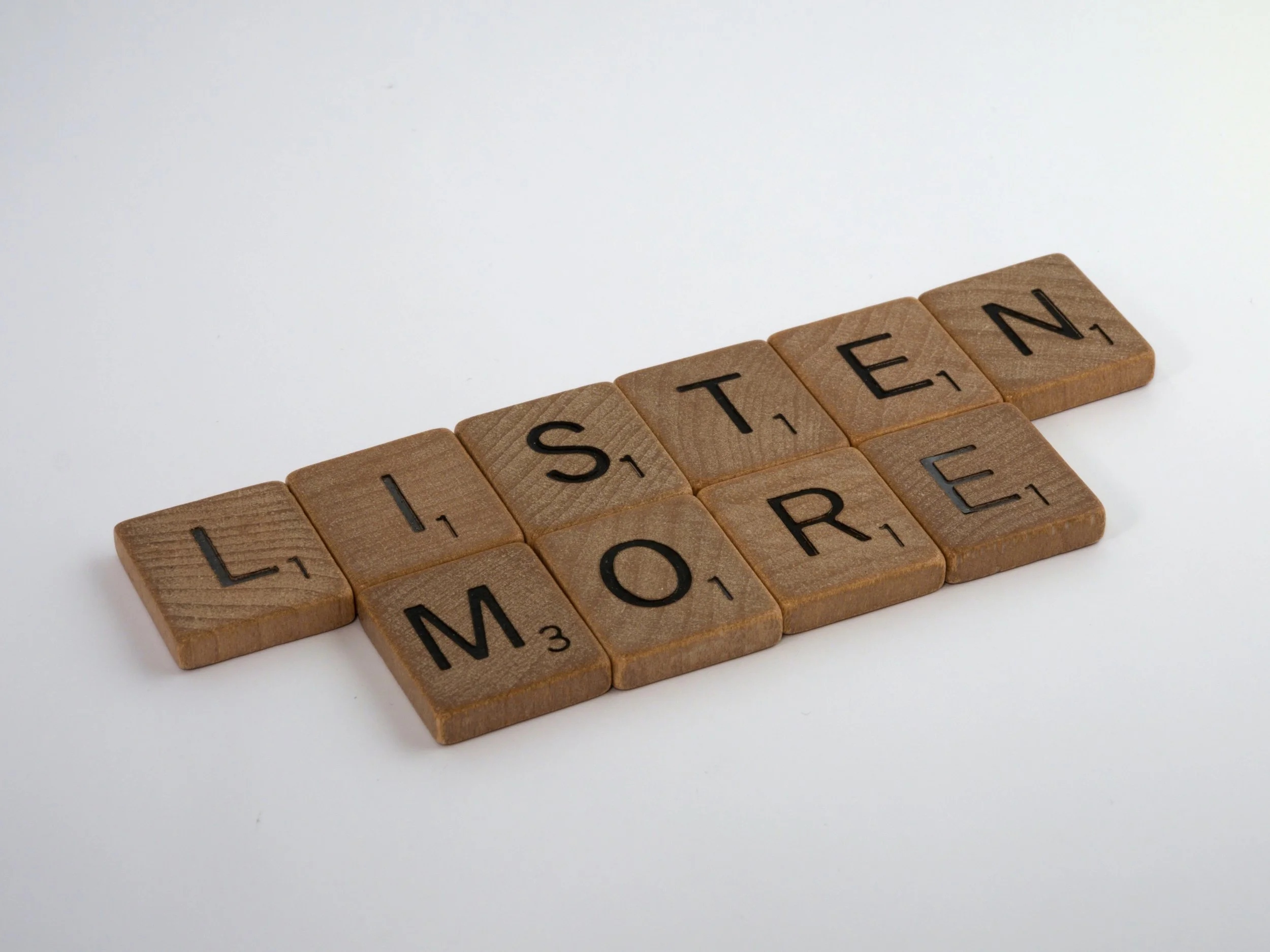Beyond the Glass: Mindfulness and Sensory Training
By Guest contributor: Chiara Shannon
--
“Tell me, what do you taste?”
I remember vividly the first time I TASTED wine. Not the first time I drank wine—that had happened long before—but the first time I was awakened to wine, in its full sensory splendor.
On that day, I was flooded with a heightened feeling of excitement as I shifted the full power of my attention to the sensory experience of the wine. My brain exploded with ultra-sensory thoughts and connections, like I had gained access to a whole new plane of existence previously hidden from me.
Although decades have passed since that moment, wine continues to fascinate me. Not only for its power to capture attention and enchant through the memories and ideas it evokes, but also because the very process of wine tasting reconnects us to what it feels like to be truly alive.
This makes sense (no pun intended) because the senses are, after all, the gateway through which we experience life. The very act of sensing with the full capacity of our attention—as we do when we mindfully taste wine—awakens hard-wired sensory abilities that evolved in us as humans over millions of years to ensure survival of the species, but which we largely neglect today due to the conveniences of modern life.
That said, we do not have to revert to cavewomen ways (or await chance Proustian encounters) to awaken and cultivate these capabilities. As reported by neuroscientist and noted mindfulness and attention researcher, Dr. Amisha P. Jha, in Peak Mind, latest neuroscience studies show that for most of us, such cognitive processes—most notably, attention and sense awareness—are not only readily available to us, but in fact trainable. Much like learning a musical instrument or training for a sport, we can learn to strengthen our awareness, attention, and sensory perception skills through training and repetition.
You see, the human brain is biased strongly towards sight, followed by hearing. It is a known fact that over 50% of the cerebral cortex is devoted to processing visual information alone. The results of the numerous studies conducted by Jha in her research show that, for most of us, how we perceive any experience will be predominantly influenced by the sights and sounds in our environment (including what we may have just seen on our phones or heard in the hallway)—whether we are aware or not—because this is simply how the human brain works.
The good news is we can strengthen our attention, enhance awareness, and improve cognitive performance through training. Think of these mental exercises as a workout for the mind. But unlike the gym, the most effective (and easiest, and free!) place to train our sensory skills is right outside in nature. I learned first-hand of the supporting science behind many of these tools and techniques when I completed the eight week mindfulness-based stress reduction (MBSR) program developed by internationally known mindfulness researcher, clinician and author, Jon Kabat Zinn, Ph.D, at the Center for Mindfulness in Medicine, Health Care, and Society at the University of Massachusetts Medical School—the institution Zinn founded and where this research is based— in 2020.
Lately, however, one of my go-to sources of education and inspiration for sensory training through cultivating mindfulness in nature has been the naturalist, author and mindfulness coach Brian Mertins. His YouTube channel, Nature Mentor, offers terrific insights and guidance that any nature lover will appreciate. You can find links to both of these resources in the list below.
In the meantime, here are two very simple sensory training exercises—peripheral vision and deep listening—that I offer in my Mindful Wine™ classes and workshops. No special props are required. All you need is a comfortable spot to sit and a willingness to try:
Watch Video: Mindfulness and Sensory Training
Peripheral Vision
Along with controlled breathing, engaging peripheral vision triggers the parasympathetic nervous system response, taking us out of "fight-or-flight" mode to a state of relaxed awareness. As Andrew Huberman, Stanford neurobiologist specializing in the visual system, explains in Scientific American, "we can actually turn off the stress response by changing the way that we are viewing our environment, regardless of what’s in that environment.”
Deep Listening
Deep listening is also a capability we can cultivate through practice that has been shown to boost emotional intelligence while enriching our capacities for conscious connection and leadership. Don't believe me? Just ask CEO, author, and executive coach Naz Beheshti, who has been trained by some of the world's most influential wellness leaders such as the Dalai Lama, Dr. Deepak Chopra, and Dr. Andrew Weil. Beheshti's company, Prananaz, provides neuroscience, positive psychology, and mindfulness-based executive leadership.
Links to Learn More
Read: Peak Mind: Find Your Focus, Own Your Attention, Invest 12 Minutes a Day by Dr. Amisha Jha
Watch: Nature Mentor on Youtube
Explore: Visit a nearby park, garden, forest, beach, farm, urban walkway or favorite hiking trails and practice sensory training in nature
Educate: The UMass Memorial Health Center for Mindfulness, created by by Jon Kabat-Zinn, PhD, offers many excellent courses, workshops, and certification programs in mindfulness and MBSR (Mindfulness-Based Stress Reduction)
With dedication and practice, sensory training can empower us to live a more connected and fulfilled life while helping us develop new capacities for discernment. When cultivated with mindfulness, these skills and behaviors form the building blocks of conscious, authentic, and emotionally intelligent action—setting us up for success at the tasting table and beyond.
--
Chiara Shannon is a sommelier, wine educator and consultant specializing in topics related to mindfulness, sustainability and the wine business. You can find her on Instagram @theyogisommelier and online at www.mindfulwine.co
What We're Reading:
Here's what has piqued our interest this week in the world of wine and mindfulness.
Did the Pandemic Make Us Less Friendly? - Greater Good Science Center
A new study observed rapid changes in personality during the pandemic, with people becoming less open, conscientious, agreeable, and extraverted.
Breaking the Silence on Adult Children of Alcoholics- elephant journal
My child brain couldn’t understand my unmet needs and would learn to cope by hiding in the silence laced with shame. I felt unloved and invisible.
How The Wine And Yoga Movement Started In The U.S. And Spread To France And Italy - Liz Thach MW for Forbes.com
Most experiences start with a yoga class in the vineyard or winery, followed by a mindful wine-tasting. Since Covid, the yoga and wine trend has become more popular in France.
Which Nutrients and Supplements Can Help Me Sleep? - Experience Life
A host of supplements — think melatonin, magnesium, and more — can help you drift off and sleep more soundly. And they’re typically safer than pharmaceuticals.
ABG In The News
Thanks to Areni Global for the opportunity to contribute to their Sustainability Report with a perspective on supporting industry health and wellbeing.
NEW REPORT:
ARENI Global, a research institute dedicated to the future of fine wine, spent a year surveying industry leaders about environmental, social, and financial sustainability. The highlights of these conversations are collected in a new report, 12 Conversations: Different Ways of Looking at Sustainability. You can download the report for free on the ARENI website HERE:







